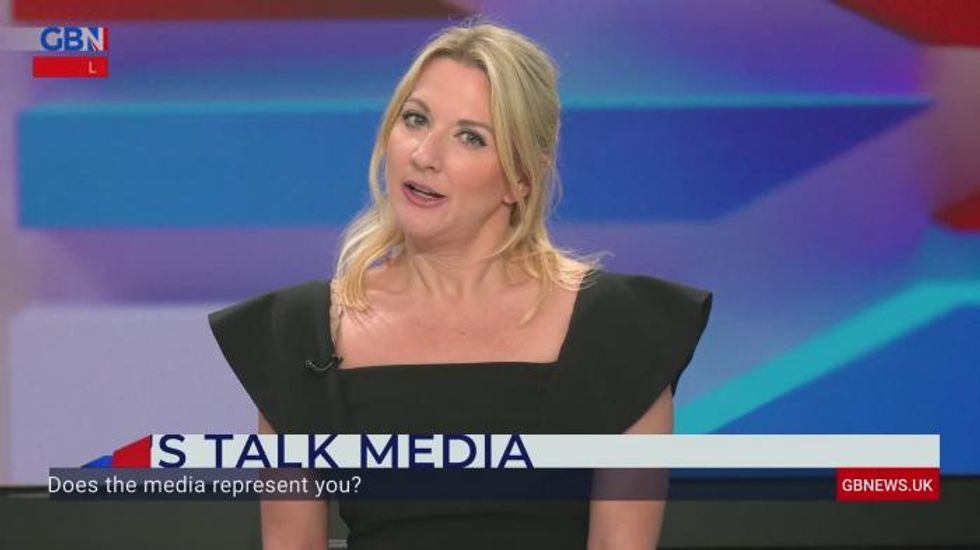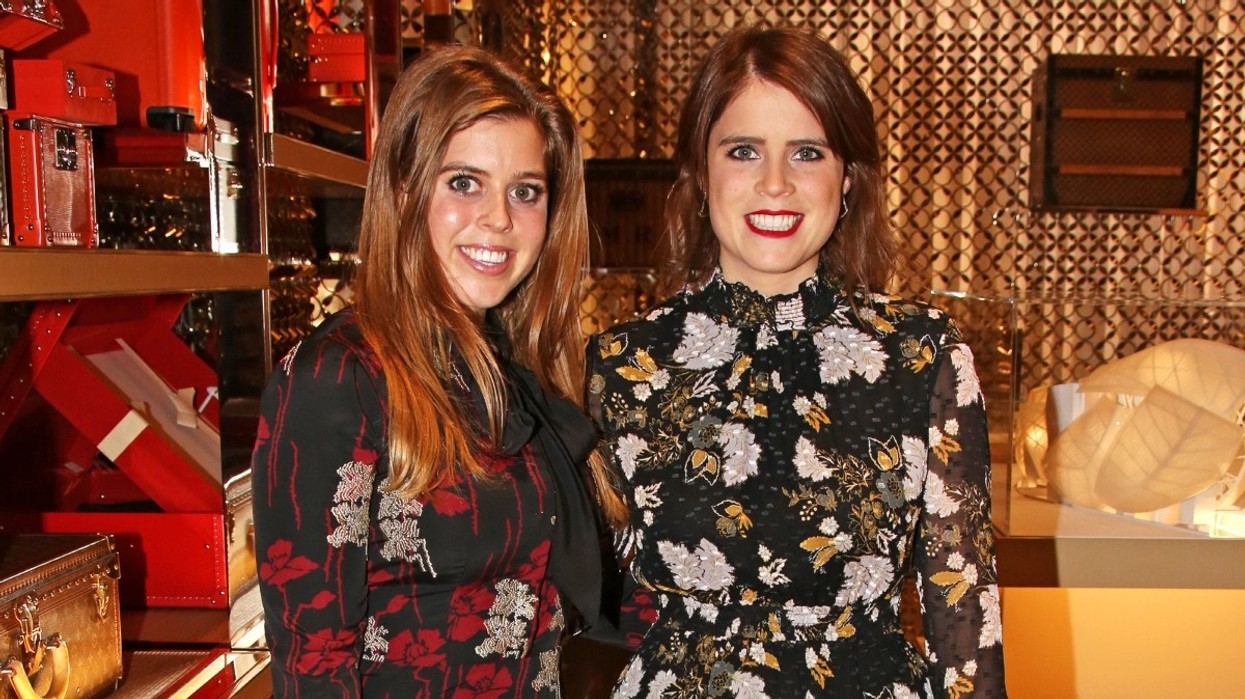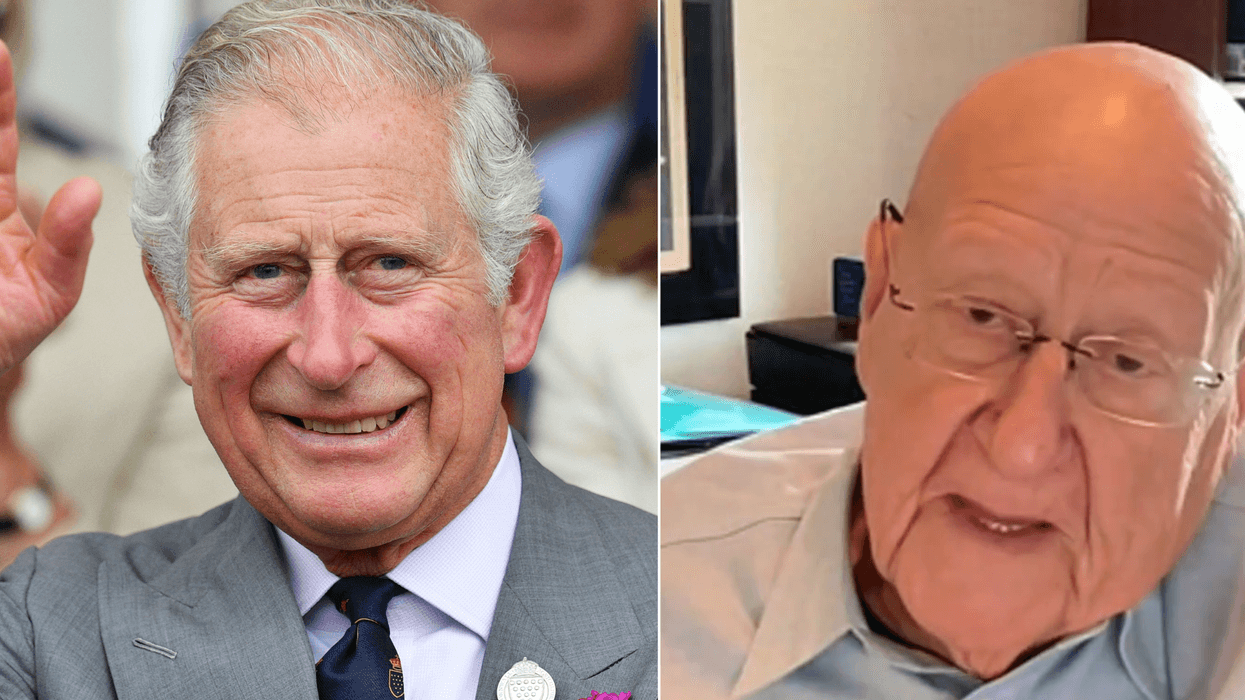Don't Miss
Most Read
Trending on GB News
Once upon a time watching the news was a nightly ritual.
At either six or ten, the family television would often be switched to the state broadcaster to find out what was going on in the world. With few alternatives, questioning the accuracy or whether there were ulterior motivations at play was something nobody really countenanced.
While the print media carved out their territory in both the marketplace and on the political spectrum, the BBC enjoyed a broadcast monopoly as the public service broadcaster. How times have changed.
First came the internet, where all of a sudden citizen journalism, user generated content and alternative news sources began to spring up all over the place, opening up the entire Anglosphere up with multiple possible platforms.
Then came social media, Balkanising the general public into echo chambers where political and social attitudes were reinforced and users began to voraciously battle over ideologies. Then Brexit arguably slashed society down the middle, with both sides claiming bias in the mainstream media, coinciding with Donald Trump’s belligerent side swipes at the MSM or the Fake News Media.
Soon enough people started quitting television news in droves to seek out unregulated content from anywhere and everywhere, with dodgy content, deep fakes and the distorted polemics of influencers muddying the waters in a way video content had never been subjected to previously.
While the print press had already given journalists a bad name, through phone hacking hacks and a publish now pay later ethos, electric media had been held aloft in Britain as globally enviable, pristine and honest, unable to be besmirched. Not so any longer. But is the idea of bias overblown? Broadcast news channels on television and radio come under OFCOM’s purview, ensuring current affairs reportage is accurate, free from opinion and putting in place strictures governing sensitivity, protection, legality and offence.
Yet in the whirlpool of a growing offensive against the established media landscape even OFCOM have been dragged into myths about over-reach, with people assuming the regulator somehow dictates editorial lines, too, as opposed to ensuring that what you hear and see is not a dangerous pack of lies - something surely to be venerated and whose riddance would be perilous in a civilised society.
Today there are campaigns to scrap the license fee given the plethora of channels now available to viewers over which the BBC still has a sizeable monopoly, benefitting from what is essentially a taxpayer funded revenue as a publicly funded broadcaster- a rather quaint and unique thing in the democratic modern age and more often than not a tool used in tyrannical regimes.
It’s previous offer of two main tv channels, a network of local radio stations and four primary FM stations began to exponentially grow, continuing to dominate an expansive media landscape and causing the public to ask why they were paying for output in Pidgin and Urdu, Gary Lineker’s 7 figure salary and a host of alternative offbeat channels pumping out content of a largely culturally left wing bent in my opinion.
GB News has been the first news channel to launch in decades, identifying a gap in the market where a cosy consensus of trendy topics and palpable metropolitan attitudes has been exposed in the established newsrooms. But what led to this happening? Was the media landscape always like this, but lack of choice had failed to expose it? Or are we exaggerating the uniformity in editorial consensus? Is it as a result of journalism moving away from apprenticeships and into the field of expensive journalism schools, funnelling newsroom staff from a single societal source?
Today with channel four on the market, Murdoch’s empire also proposing the launch of a new channel and bizarre censorship campaigns from extreme left wing organisations in an attempt to block advertising on our own channel, why has UK media become such a toxic battleground, is this sudden uptick in competition good, and where do we go next?
As the digital age oscillates into full swing and the internet becomes the place to be, do we risk instead creating a Wild West where professionalism goes out of the window and rather simply getting the news, instead we are just getting more and more polarised?
Today, we need to talk about the media.











